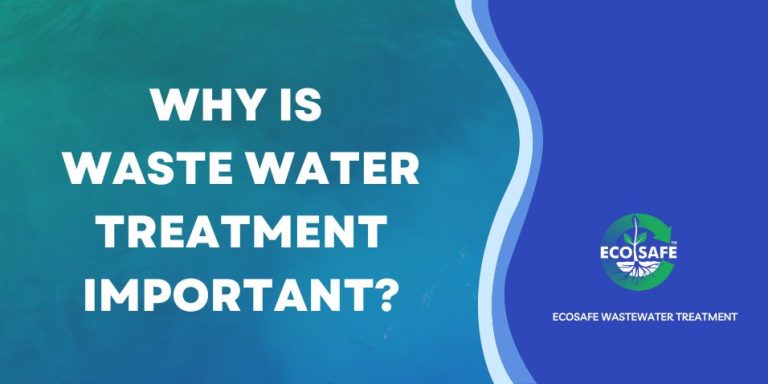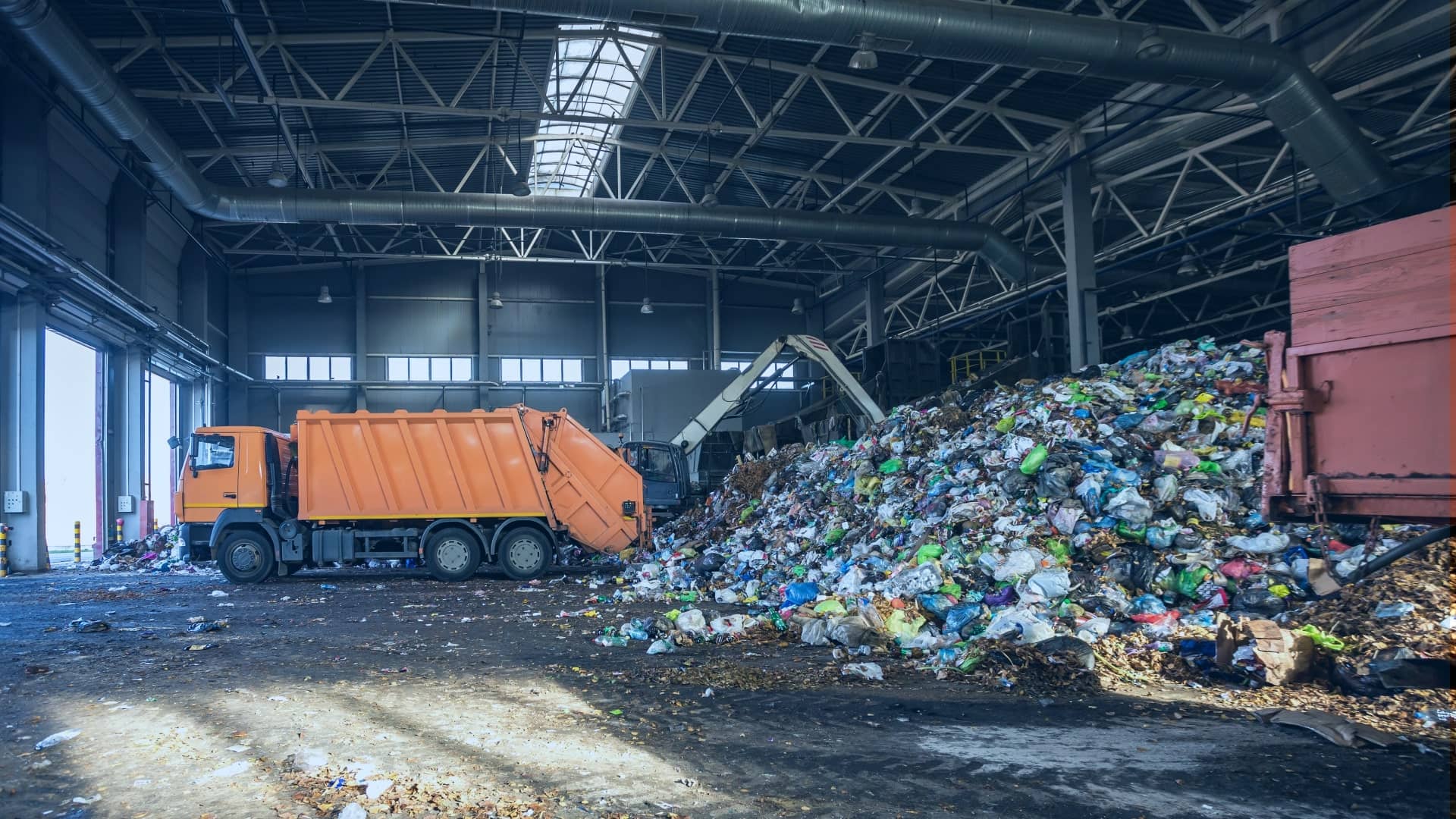Things about Reclaim Waste
Things about Reclaim Waste
Blog Article
The 15-Second Trick For Reclaim Waste
Table of ContentsA Biased View of Reclaim WasteReclaim Waste Fundamentals ExplainedHow Reclaim Waste can Save You Time, Stress, and Money.The Best Strategy To Use For Reclaim WasteThe Ultimate Guide To Reclaim WasteIndicators on Reclaim Waste You Should Know

Never ever put unsafe materials down sinks, commodes or stormwater drains pipes Substances including petroleum, oil, oil, pesticides and herbicides, and solvents such as paint strippers must not be poured down sinks, toilets or stormwater drains pipes. These materials are tough to eliminate in the sewage treatment procedure and trigger contamination issues in our local waterways.

Although liquid waste is a term that covers a wide selection of products, there's a good reason leaving its disposal to the professionals is advised. Liquid waste is non-solid product that has no further usage and has to be treated and disposed of according to neighborhood, state and federal guidelines.
Things about Reclaim Waste
Instances of fluid waste can consist of wastewater, fats, oils or oil, utilized oil, fluids, solids, gases or sludges and dangerous family liquids, there are some that are taken into consideration to be a lot more dangerous than others when it comes to the setting and the health and wellness of pets and people alike. It's consequently that each state and region have strict regulations linked to liquid waste monitoring.
Fluid waste can be kept in holding containers or packaged in drums, intermediate bulk containers or authorized small containers before either being treated or removed via outsourced vacuum cleaner trucks. Offered the nature of the materials, fluid waste can not enter the general waste stream and there are rigorous policies on how to deal with it appropriately.
(https://www.blogtalkradio.com/reclaimwaste1)Depending upon a decision of the level of risk, it might be necessary to remediate those websites. In addition, dangerous fluid chemical wastes are managed waste and must be tracked according to the state waste legislation. Under the chain of custodianship and duties, owners are liable and accountable for waste generated by a company.
Among the core applications for superabsorbent polymers (SAPs) is fluid waste solidification. liquid waste disposal. SAPs are utilized by waste management experts to stop potentially unsafe liquids from getting in rivers, groundwater aquifers, and other sensitive atmospheres. Due to the fact that liquids can swiftly transfer impurities into ecological receptors and possibly add to geotechnical failures, liquid wastes are virtually constantly prohibited from disposal in garbage dumps
The Basic Principles Of Reclaim Waste
Basically, cost-free liquids are liquids that divide from the strong portion of waste material. Fluid waste can include the following: HDD mud and cuttings Landfill leachate Wastewater treatment sludge & biosolids Dug up debris Oil and gas drill cuttings Resolving fish pond muck Hydro Excavation slurry Coal burning residuals/ash Container bottom sludge Concrete grinding/polishing slurry Associated Short article: For a practical instance of free fluids separating from waste product, consider the following circumstance: A waste management service provider loads a dump associate sludge from a wastewater treatment plant's aeration container, throughout a regular upkeep event.
Nonetheless, when the chauffeur shows up at the garbage dump, he notifications water seeping from the sludge and pouring from the dump vehicle. The tons was denied by the garbage dump and the motorist was compelled to take care of the waste as a fluid waste at a special facility, which increased the disposal charges enormously.
The globe is sinking in rubbish and we can't pay for to be careless any longer. We have to do something about it and reuse whatever we can anywhere we can. We additionally require to be liable for the correct disposal of our waste materials. It is not enough that we pay garbage disposal firms to care for our rubbish.
Little Known Questions About Reclaim Waste.

The optimal area is a good outdoor space with lots of sunlight and air. Segregate your waste. Segregating your waste can begin inside his comment is here the home. Set apart dry and liquid waste along with edible waste, eco-friendly and non-biodegradable products. Constantly keep the cover on your containers to prevent insects, worms, flies, and undesirable odours.
Layer the base with soil to absorb the wet waste. Layer the compost with wet and dry waste as well as soil to keep a balance between the wet and the completely dry.
Reclaim Waste for Beginners
Cover the garden compost container. Once a week, add soil on top of the garden compost. To facilitate faster disintegration, you can also add semi composted dirt to the garden compost. Maintain the compost. If you observe the smell is ending up being as well solid, add additional papers and paper waste or add more openings to the compost container to keep the balance of the waste materials.
The world is sinking in rubbish and we can't pay for to be untrustworthy any longer. We have to act and recycle whatever we can wherever we can. We also require to be liable for the appropriate disposal of our waste products. It is not enough that we pay garbage disposal firms to take treatment of our rubbish.
Our waste, our responsibility. Have you ever before questioned what happens to your liquid waste after it's accumulated? Did you understand that liquid waste can be recycled?
The 6-Minute Rule for Reclaim Waste
The dreamland is an excellent exterior space with lots of sunshine and air. Segregate your waste. Segregating your waste can start inside the home. Set apart dry and liquid waste as well as edible waste, naturally degradable and non-biodegradable materials. Constantly keep the cover on your containers to avoid bugs, worms, flies, and unpleasant smells.
You can use old garbage can, container, yard pot or old plastic drums. Drill 4 to five openings in the container so the air can distribute. Layer all-time low with dirt to take in the wet waste. Beginning the composting procedure. Layer the garden compost with damp and dry waste in addition to dirt to maintain a balance in between the wet and the completely dry.
To help with faster decay, you can also include semi composted dirt to the garden compost. If you see the scent is becoming as well strong, include added papers and paper waste or include even more openings to the compost bin to maintain the equilibrium of the waste products.
Report this page